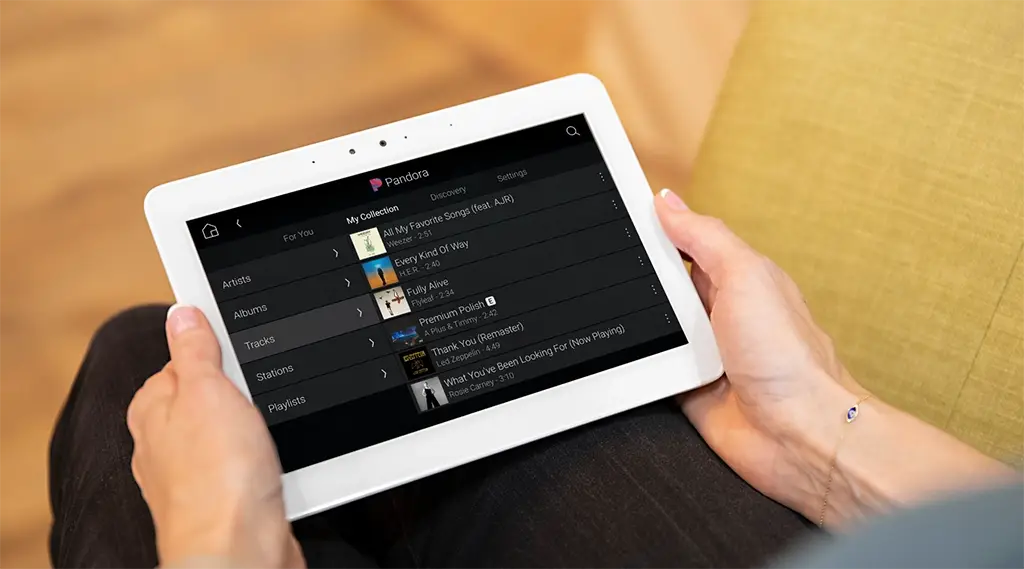
In today’s high-paced world, managing daily household tasks efficiently can be complex and time-consuming. Smart home automation provides a sophisticated way to enhance your lifestyle by seamlessly integrating technology into everyday activities. Whether you are building a new home or remodeling an existing one, partnering with the right systems integrator from the outset is crucial for the success of your project.
Boca Tech and Automation specializes in tailoring technology solutions to your specific needs — from system design and budgeting to warranties and customer service. This article explores the components and benefits of smart home systems, helping you make informed decisions about incorporating them into your home. Engaging with experts like Boca Tech and Automation ensures that every aspect of your home technology is thoughtfully considered, providing an exceptional technology experience that enriches your life at home, a concept we embrace as “Your Home at its Best”.
Luxury home automation refers to the use of technology to control and automate household systems and appliances. Whether it’s through a smart home app or other interfaces, these systems allow for the remote or automatic control of items within your home such as lighting, climate, entertainment, and security devices.
Home automation technology varies widely, from basic app-based devices to complex whole-home networks that integrate various components of a home’s infrastructure. A crucial aspect of these technologies involves the choice between wired and wireless connections. While wireless technologies such as Wi-Fi are fundamental in enabling devices to communicate and operate seamlessly across different platforms and manufacturers, it is essential to recognize their limitations.
For a robust and reliable home automation system, hard wiring is imperative. Wired connections provide the backbone for the most critical and communication-intensive applications, ensuring stable and reliable connectivity that wireless solutions alone cannot guarantee. Although Wi-Fi and other wireless protocols offer convenience and support for portability, they should complement rather than replace hard-wired solutions, especially in areas where uninterrupted service is crucial.
A fully equipped home technology solution can include a wide range of devices, such as smart thermostats, automated lighting systems, security cameras, smart locks, doorbell cameras, sensors, smart TVs, and HiFi speakers. Central to these systems is the smart home hub, also commonly known as an equipment rack, which integrates all these devices and allows them to work together effectively, enhancing the usability and functionality of the home automation system. Learn about some the best smart home hub, BTA’s MegaMan.












Each of these home automation examples plays a crucial role in transforming ordinary homes into smart homes. By leveraging a smart home app, homeowners can enjoy enhanced control, convenience, and security; making their daily lives more comfortable and energy efficient.
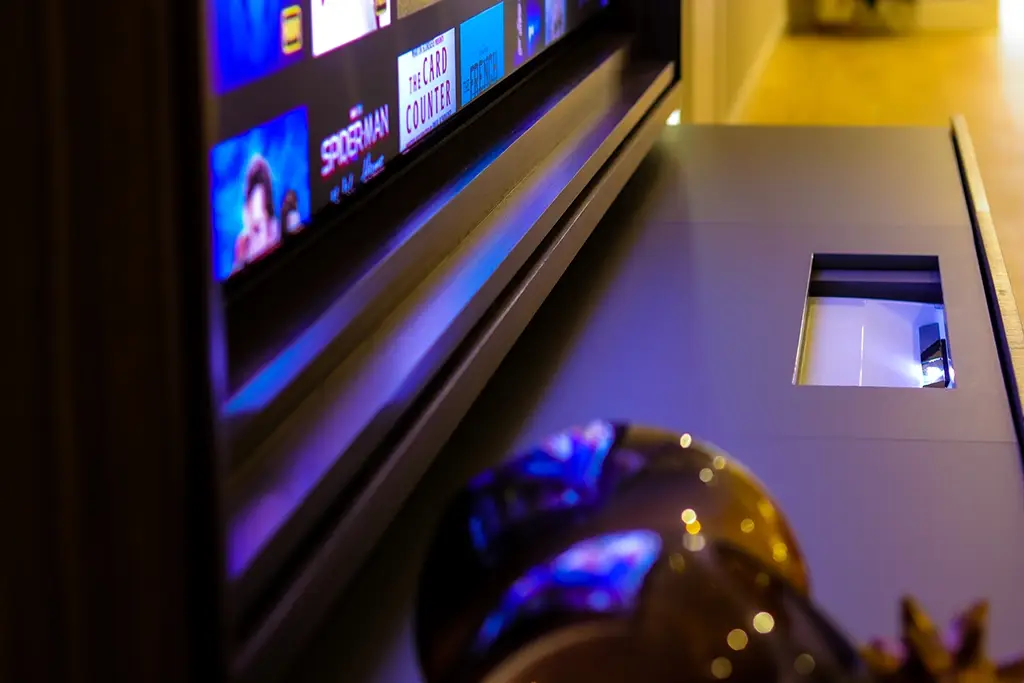
At the heart of home automation is the ability to enhance home entertainment, making it more immersive and personalized. This includes everything from advanced home theaters, handcrafted media cabinets and hidden speakers - to outdoor environments equipped with weather-resistant TVs and comprehensive audio systems. These systems allow for seamless streaming of media, creating the perfect ambiance for relaxation or gatherings. Boca Tech and Automation provides solutions that link these technologies into one cohesive system, ensuring easy control and high-quality entertainment across different zones of your home.
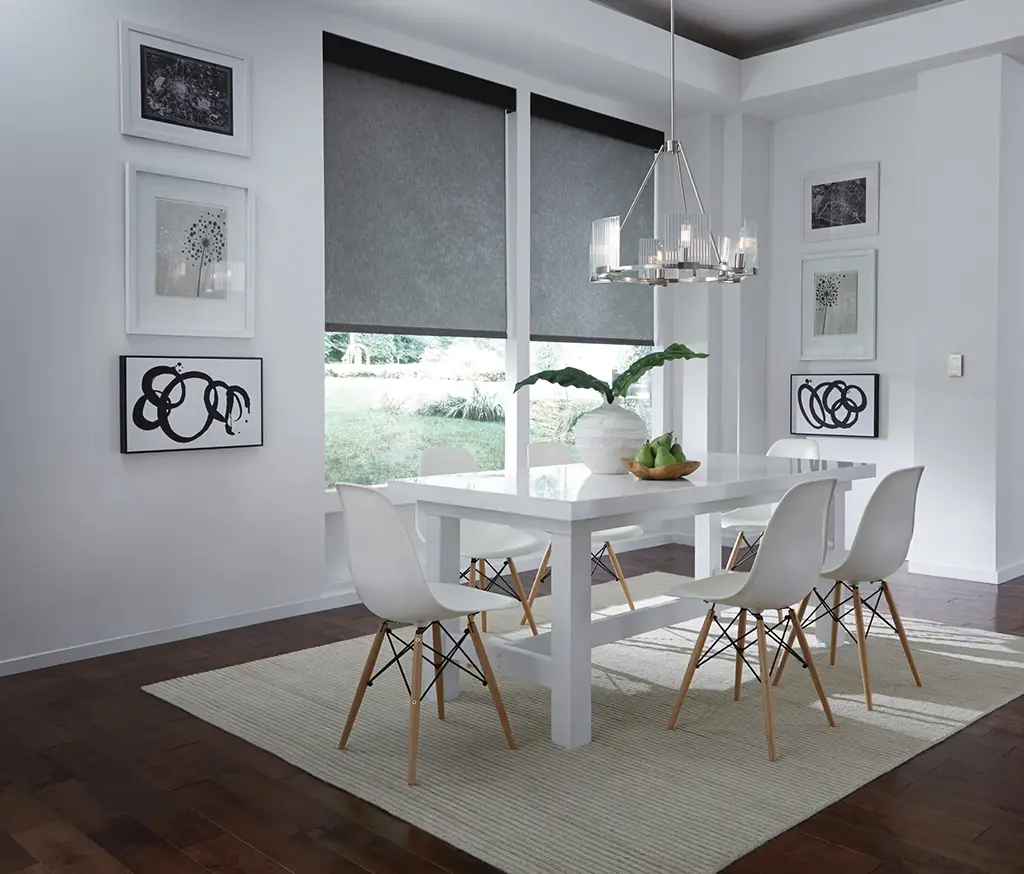
Home automation can extend to many aspects of daily life, both inside and outside the home. Internally, systems like advanced intelligent lighting and motorized window coverings adjust to optimize daylight, enhance comfort, privacy, and improve energy efficiency, all tailored to match your daily routine and mood. These technologies also help you create a better place to work remotely in your home office, enhancing productivity with solutions like fast and reliable internet, video conferencing, and proper climate and lighting. Externally, sophisticated landscape lighting and weather-rated audio systems make your outdoor space an extension of your indoor. Create a one-of-a-kind outdoor experience with tailor made entertainment, lighting, and dedicated outdoor control solutions.
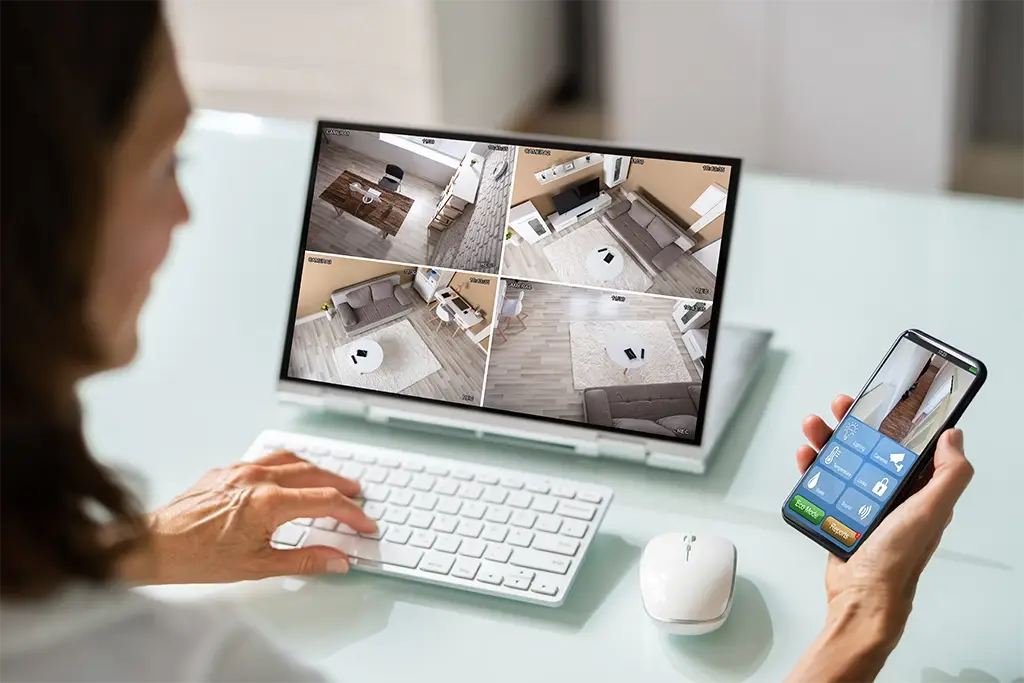
The third pillar of home automation is the safety and security of your living environment. Boca Tech and Automation employs cutting-edge technology, comprehensive video surveillance systems that provide real-time monitoring and recording of the property, as well as a range of gas, smoke, and CO detectors. Access control systems, like smart locks and video doorbells, allow homeowners to manage entry points remotely, offering both security and convenience. Furthermore, the integration of digital artwork adds an aesthetic value that can dynamically change to reflect the homeowner’s style, all while maintaining a fortified home.
Additionally, as home automation becomes increasingly fundamental, energy management systems and clean, renewable, energy have quickly integrated into a home’s core infrastructure. These two factors ensure that homes can maintain critical functions during power outages, by replenishing itself and powering the home with solar energy stored in a power hub or batteries.
These systems prioritize essential loads and help manage resources to prolong energy availability. This integration of smart energy solutions is crucial for maintaining continuity in today’s technology-dependent homes, illustrating how home automation is pivotal not just for convenience and entertainment but for the essential operational integrity of modern households.
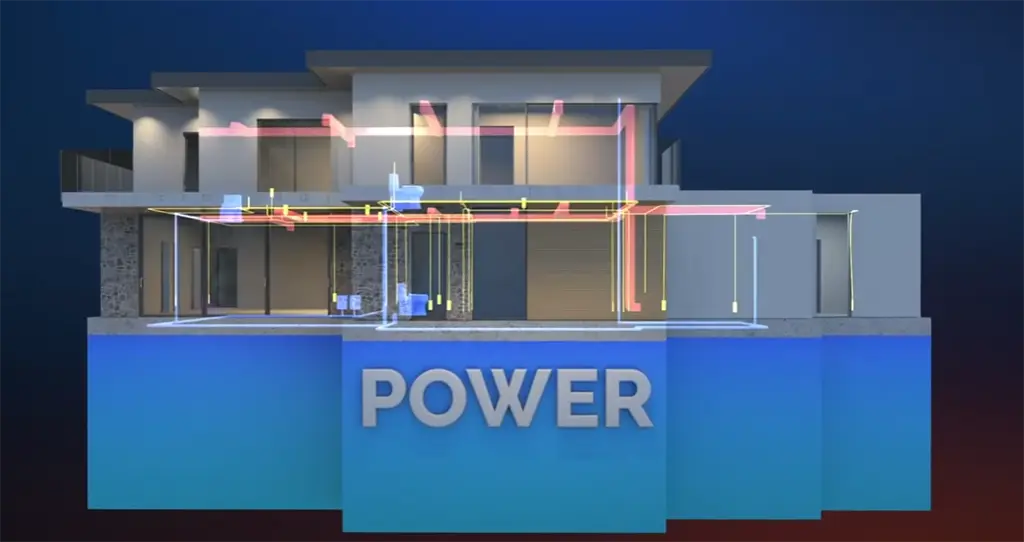
Choosing the right home automation system involves several factors that will ensure you get the most out of your investment while aligning with your specific needs and lifestyle. When considering home automation, it's crucial to explore a variety of smart home companies and the technologies they offer. Here's a list of factors to consider when choosing a home automation system that will help you make an informed decision:
Begin by determining what you want your home automation system to do. Are you focusing on security, energy efficiency, convenience, or a combination of these? Understanding your primary goals will help you narrow down your options.
Familiarize yourself with the different smart home solutions available, such as immersive entertainment setups, centralized control systems, and security enhancements. Features like Ketra LED lighting, Lutron motorized window coverings, and Cisco Meraki’s network solutions can significantly enhance your home's functionality.
Ensure that the control system you choose can integrate seamlessly with the devices and networks you want to install in your home. Compatibility with a wide range of devices and an ability to integrate new technologies as they emerge is crucial. The system should allow for integration of audio and visual equipment, HVAC, lighting, and security under one unified control system.
Consider a platform that supports a wide range of connected devices. Although automation works best with a hardwired connection, you can look for systems that support Wi-Fi, Bluetooth, and IR technologies, ensuring comprehensive coverage and control capabilities across all your smart home devices.
A good home automation system should be scalable. As your needs change or technology advances, your system should be able to adapt without requiring a complete overhaul. This includes easy additions of new devices or upgrading existing components.
Given the connectivity of smart home systems, ensure that your chosen solution has robust security measures in place. This includes secure data encryption and the ability to manage and monitor access controls effectively.
The system should be user-friendly, with intuitive interfaces on touchscreens, mobile apps, and voice control options. Ease of use is crucial for all household members.
Opt for a system that is known for keeping up with technological advancements. The ability to update software and hardware components will keep your system relevant and functional in the long term.
Consider the cost relative to the return on investment. While initial setup costs for a comprehensive system might be high, the energy savings, increased security, and overall convenience can provide significant long-term benefits.
Finally, the expertise of the integrator is as important as the technology itself. Look for smart home companies with a strong track record, extensive industry experience, and positive customer reviews. The right integrator will offer personalized solutions and provide ongoing support.
The main difference lies in automation and efficiency. The application of home automation in a house automates tasks and improves energy efficiency, making daily life more convenient and secure.
Investing in home automation can significantly enhance your home’s functionality and potentially increase its value. The decision to integrate smart home technology should only be made when you have a clear understanding of its common uses—Entertainment, Essentials, Life/Safety, Security, and Core Infrastructure—and the benefits they bring to daily living. It’s also crucial to consider the financial aspects of such an investment.
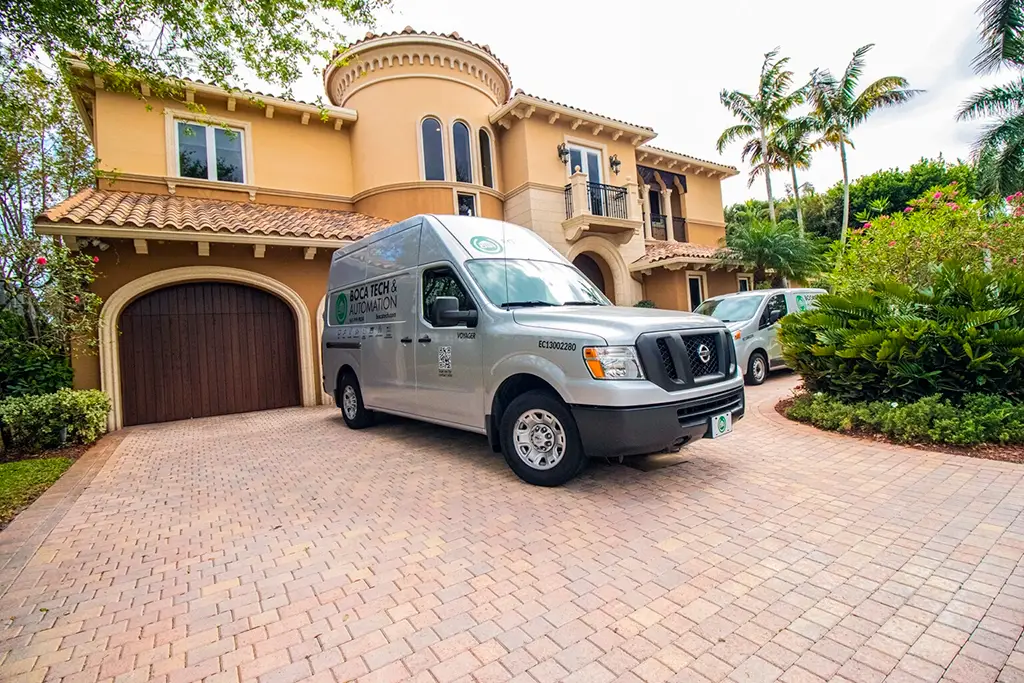
Home automation elevates the home entertainment experience through state-of-the-art systems like whole-house audio, dedicated home theaters, and outdoor cinemas. These technologies provide seamless entertainment and add value to properties by making them more attractive to future buyers who value lifestyle enhancements.
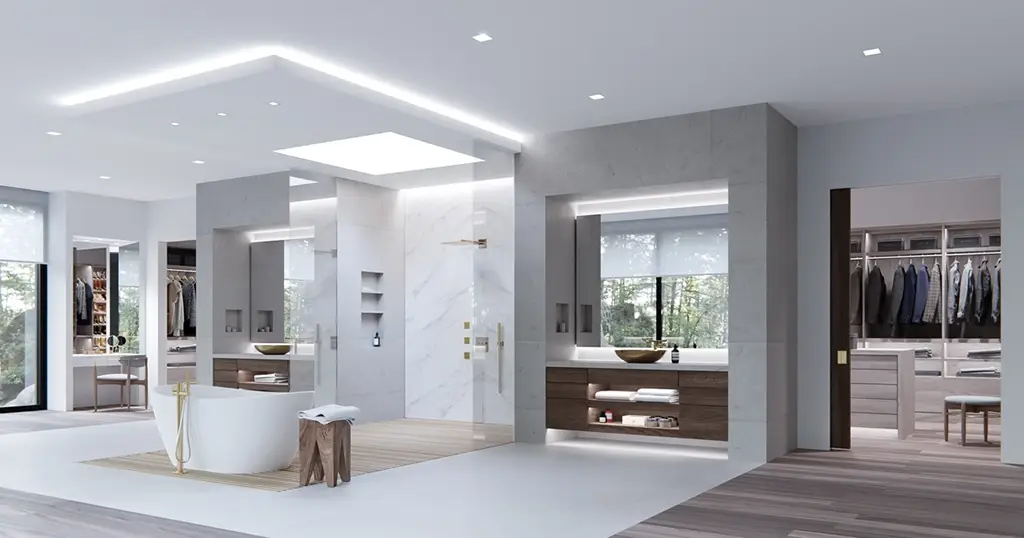
Automated systems significantly enhance daily convenience by controlling lighting, climate, and motorized window coverings. These systems improve energy efficiency, which can lead to cost savings on utility bills over time. By automating essential tasks, homeowners can enjoy a more comfortable and efficient living environment.
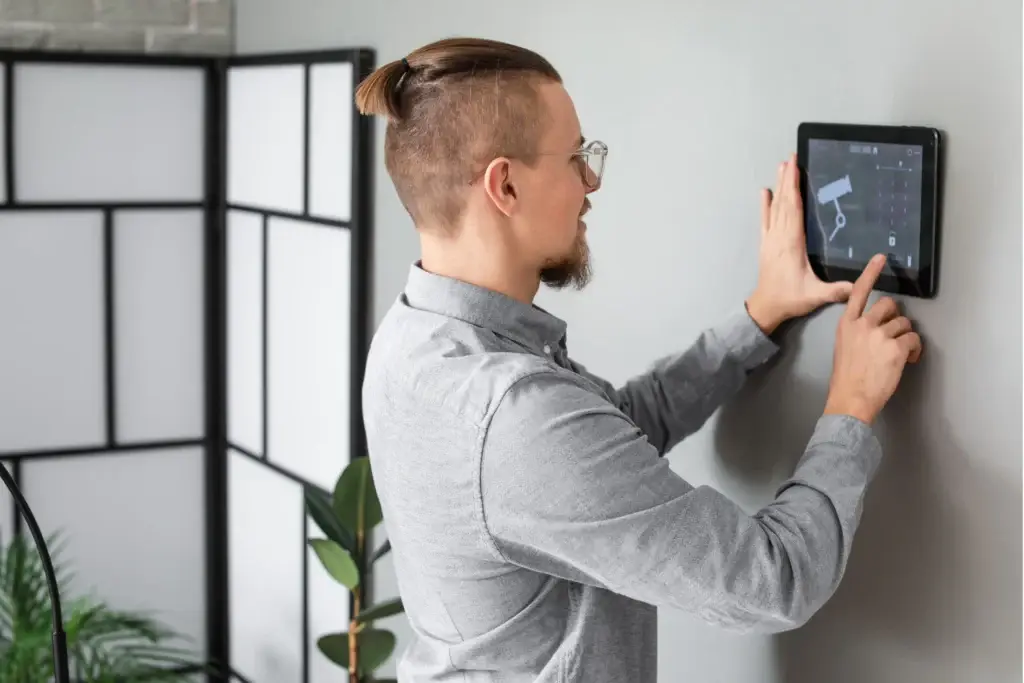
The integration of advanced security systems, such as surveillance cameras, and smart locks will increase a home’s security, offering peace of mind to homeowners. These systems provide enhanced safety features that are becoming increasingly valued in the real estate market, potentially increasing a home's resale value.
Home automation extends to the core infrastructure of a home, ensuring that mechanical, electrical, and plumbing systems operate more efficiently and are easier to manage. Technologies like smart energy solutions maintain critical operations during power outages, protecting against potential damage and inconvenience.
In an era where technology continually reshapes our lifestyles, the benefits of integrating smart home automation are undeniable. Boca Tech and Automation not only enhances the luxury, efficiency, and security of your home but also elevates your everyday living to new heights. As the foremost expert in residential technology, BTA has a long-standing reputation for setting industry standards in design excellence, technical acumen, and unparalleled customer service.
From conceptualization to installation, BTA crafts bespoke systems that epitomize security, comfort, connectivity, and entertainment—each a testament to our commitment to innovation and future readiness. If you're looking to transform your residence with cutting-edge technology that adapts to your lifestyle, why not make Boca Tech and Automation your partner of choice? Are you ready to experience how smart home automation can revolutionize your daily life?